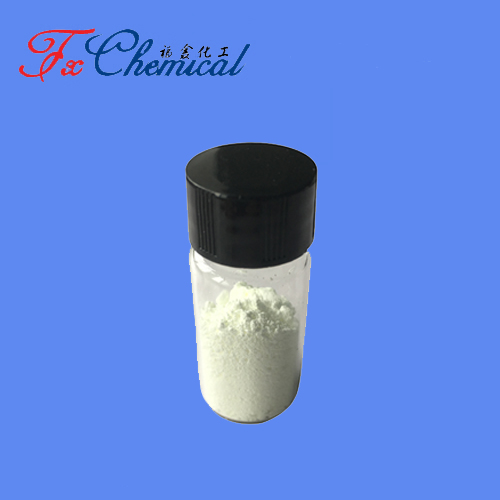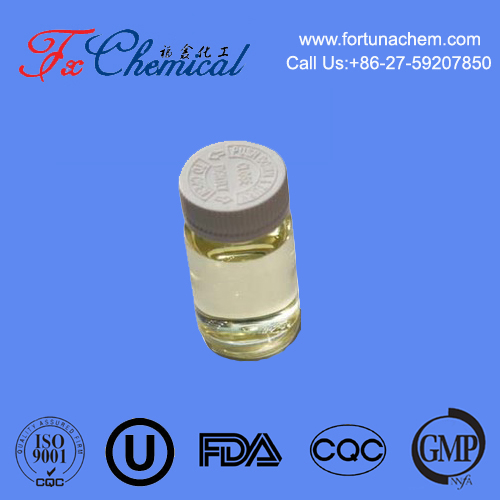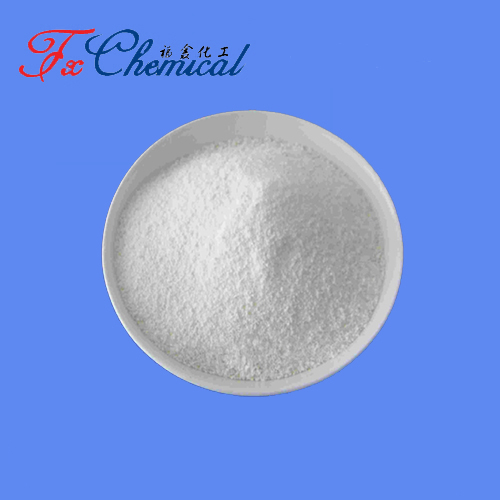
Search

Search

Sodium alginate, as a natural polymer compound derived from the ocean, has received widespread attention in recent years due to its biodegradability and sustainability. Today, when environmental protection and resource recycling are becoming increasingly important, these properties of sodium alginate make it have broad application prospects in many fields. This article will delve into the biodegradability, sustainability and applications of sodium alginate in related fields.
Biodegradability refers to the ability of a substance to be decomposed by microorganisms in the natural environment. As a natural polymer, sodium alginate's molecular chain structure allows microorganisms to easily attach and decompose it. In natural environments such as soil and water, a variety of bacteria and fungi can use sodium alginate as a carbon source and energy source, decompose it into low molecular weight compounds through enzymatic hydrolysis, and finally convert it into harmless substances such as water and carbon dioxide.
This biodegradability gives sodium alginate unique advantages in the field of environmental protection. Compared with traditional synthetic polymer materials, sodium alginate does not cause long-term pollution and accumulation in the natural environment. When sodium alginate is used as packaging materials, agricultural films, etc., even if it is discarded in the environment, it can be gradually decomposed by microorganisms and will not cause long-term harm to soil and water bodies.
Sustainability is the use of resources and product development to meet current needs without compromising the ability of future generations to meet their needs. As a natural product, sodium alginate is widely sourced and renewable, in line with the concept of sustainable development.
Sodium alginate is mainly extracted from marine organisms such as seaweed. These biological resources are abundant in the ocean and grow rapidly. They can be sustainably utilized through farming and fishing. At the same time, the production process of sodium alginate is relatively simple and does not require complex chemical synthesis steps, reducing dependence on fossil fuels and environmental pollution.
In addition, the sustainability of sodium alginate is also reflected in its recycling. During use, sodium alginate can be recycled and reused to reduce the need for new resources. For example, in the food industry, used sodium alginate can be processed and reused in the production of other food products; in the agricultural field, discarded sodium alginate films can be processed and used as fertilizer or soil conditioner.
The biodegradability and sustainability of sodium alginate make it have broad application prospects in the field of environmental protection. In terms of packaging materials, sodium alginate can replace traditional plastic packaging materials, reducing the generation of plastic waste and environmental pollution. Its biodegradability allows sodium alginate packaging materials to be decomposed by microorganisms after use, reducing the negative impact on the environment.
In the agricultural field, sodium alginate is used as agricultural film and fertilizer carrier to improve the yield and quality of crops, while reducing the use of chemical fertilizers and pesticides, and reducing agricultural pollution to the environment. Its sustainability enables sodium alginate to realize resource recycling in agricultural production and promote sustainable development of agriculture.
In addition, sodium alginate can also be used in sewage treatment, biomedicine and other fields, leveraging its unique biodegradability and sustainability advantages to contribute to environmental protection and sustainable development.
In summary, sodium alginate, as a biodegradable and sustainable natural polymer compound, has broad application prospects in the field of environmental protection. As people's awareness of environmental protection and resource recycling increases, sodium alginate will receive more attention and applications, making an important contribution to building a sustainable society.
Since Wuhan Fortuna Chemical Co., Ltd founded, we continuously innovate our products and improve our service, sales network. Hence, we initiate the first sale mode on net in China, which is the retail trade of small package bring along wholesale of diversified management modes. Our products are exported widely to South Korea, Vietnam, Australia, Europe and South America, highly recommended by our clients.

Quick Links
Add:
E-mail:
 English
English  Español
Español  français
français  العربية
العربية 


